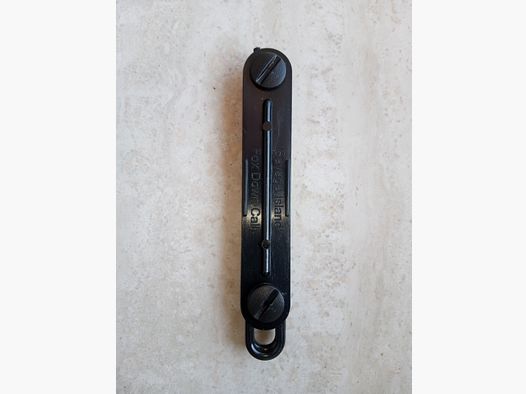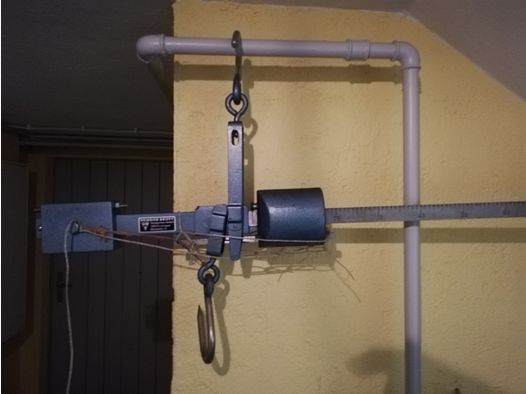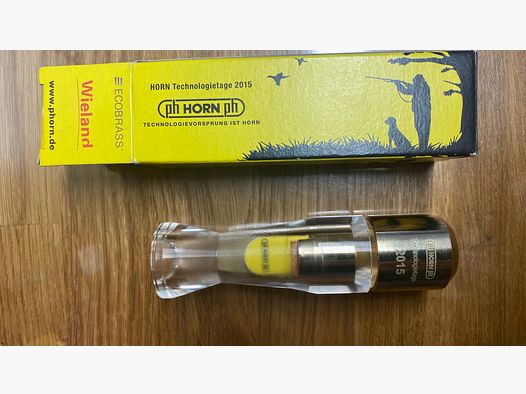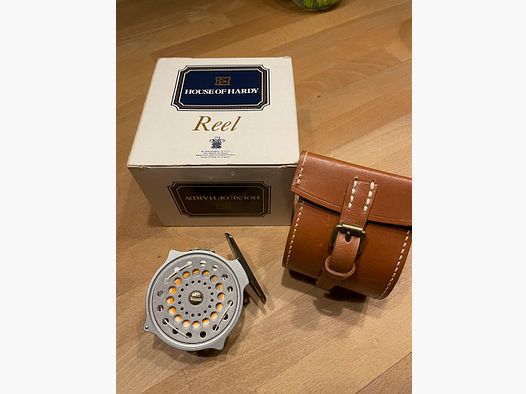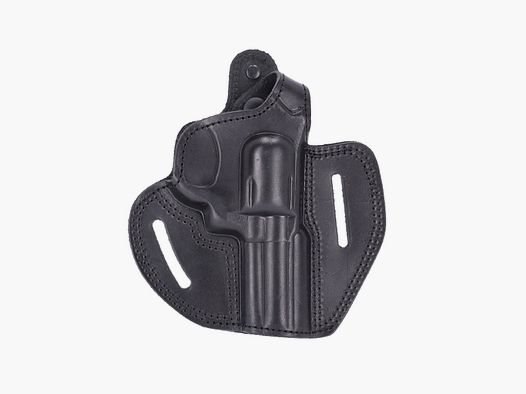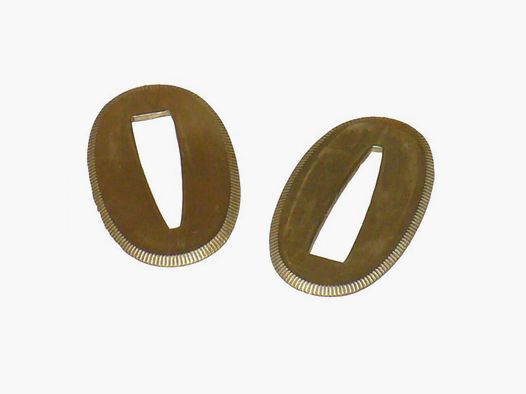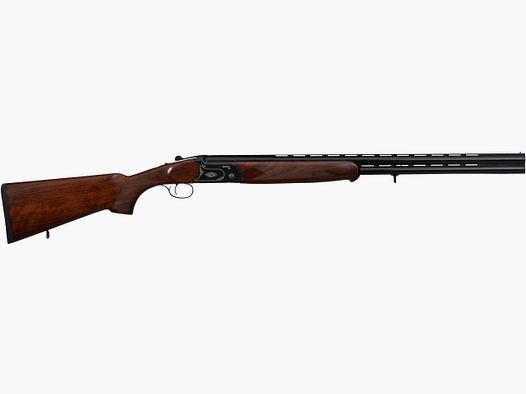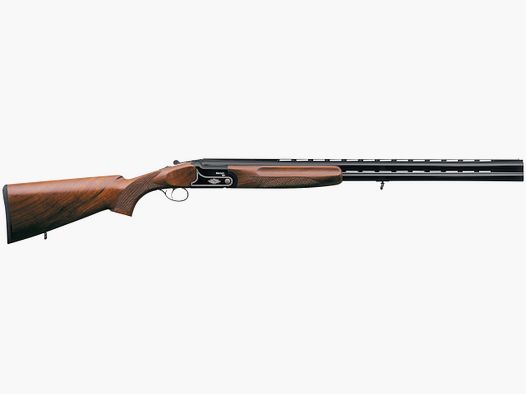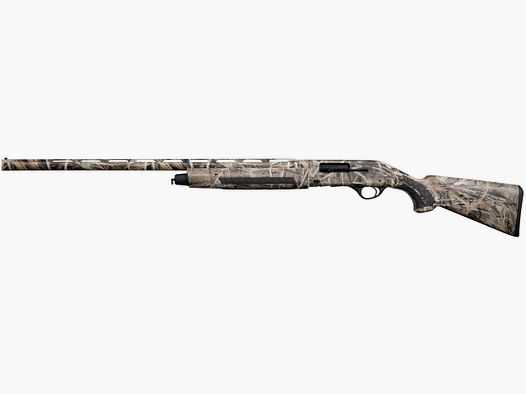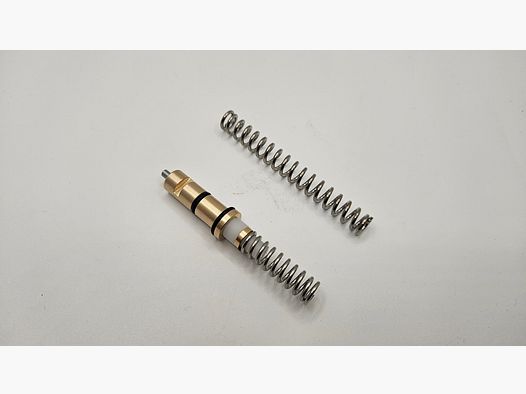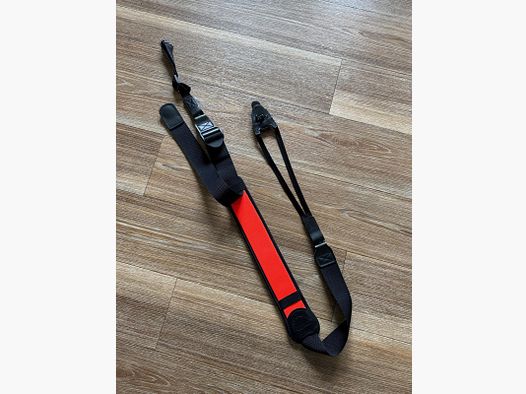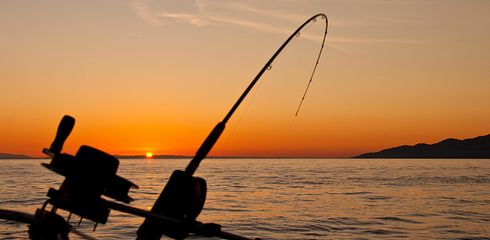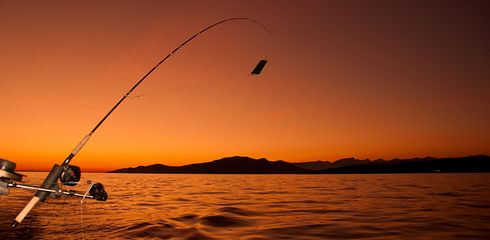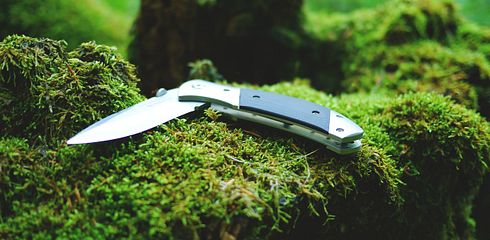Fishing is not only a relaxing hobby but also an activity that requires a certain responsibility towards your own safety and the environment. Especially for beginners, it is important to understand the basic safety aspects of fishing to ensure not only a successful but also a safe fishing experience. This guide clearly explains the most important safety tips for beginners.
1. Know Your Equipment: Safety Starts with the Tools
Before you even go to the water, it is crucial to know your equipment well. Here are some safety tips related to fishing gear:
Sharp Hooks: Be careful when handling hooks. Avoid hooking yourself or others. Always keep the hook cover on when you are not fishing.
Safe Handling of Knives: If you need to cut bait, make sure to do it safely and away from your body. A sharp knife is safer than a dull one, as it requires less pressure.
Caution with Fishing Rods: Always hold the fishing rod in a way that it does not point towards other people. Pay special attention in strong winds or tight spaces.
2. Protect Yourself from the Elements: Weather and Natural Hazards
The weather can change quickly, and nature has its own dangers. Therefore, it is important to prepare for the surroundings:
Sunscreen and UV Protection: Even on cloudy days, the sun can harm your skin. Apply sunscreen and consider wearing a hat.
Dress Waterproof: Fishing can get wet, whether from rain, splashes, or when you land a fish. Wear weatherproof clothing and remember that it is often cooler on the water than on land.
Knowledge of Natural Hazards: Educate yourself about the flora and fauna of the area where you are fishing. Some plants can be toxic, and insects can cause stings. Respect nature and avoid dangerous situations.
3. Shore and Boat Safety: Minimizing Hazards
Depending on whether you are fishing from the shore or using a boat, there are specific safety considerations:
Shore Safety: Ensure that the ground at the shore is stable to prevent falls. Avoid standing on slippery rocks or uneven terrain.
Boat Safety: If you are using a boat, always wear a life jacket. Know your boat's capacity and adhere to weight limits. Act responsibly to avoid capsizing.
Water Caution: Check the weather and water conditions before fishing. Strong winds or high waves can make fishing dangerous. Avoid fishing in waters with strong currents.
4. Proper Behavior at the Water: Respect the Environment and Other Anglers
Safety concerns not only yourself but also the environment and other people at the water:
Trash Disposal: Take your trash with you and dispose of it properly. Avoid leaving fishing lines and plastic waste in the water, as these can endanger wildlife.
Respect the Privacy of Other Anglers: Maintain a reasonable distance from other anglers to avoid conflicts. Respect their space and equipment.
Communication: If you are with other anglers in an area, be open to communication. Share information about fishing spots or ask about best practices to ensure a harmonious coexistence.
Conclusion: Safe Fishing is Enjoyable Fishing
Fishing not only offers the opportunity to enjoy nature and relieve stress but also the responsibility to protect yourself and others. By knowing the basics of your equipment, protecting yourself from the elements, observing shore and boat safety, and acting respectfully towards the environment, you lay the foundation for a safe and pleasant fishing experience. Remember that safety and enjoyment in fishing go hand in hand. Tight lines and many safe catch moments!



